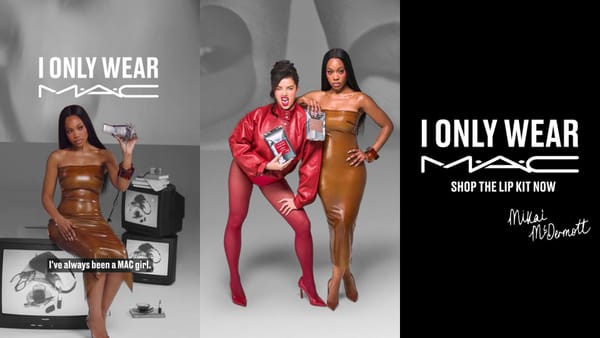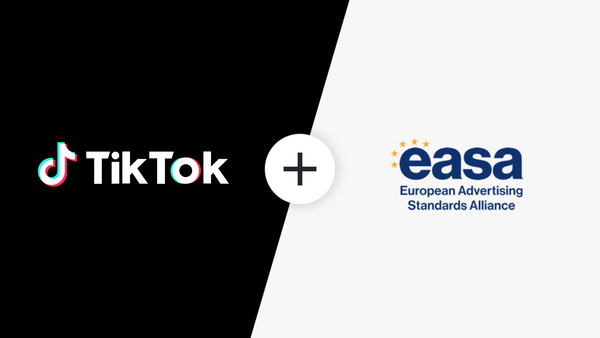Social media is the most popular online activity these days with 22% of the time spent online being attributed to social networking sites.
We live in a social media-driven world, so ignoring its potential to advance our jobs can be a dangerous oversight. Almost every aspect of our lives has been transformed by social media, including how we work. Blogging, especially, has been transformed in unprecedented ways, turning it from a part-time gig to a full-time job.
An increasing number of influencers are minting millions from affiliate marketing, making blogging one of today’s most desirable jobs. This article will look into how social media has transformed blogging and what successful bloggers are doing to achieve a competitive edge.
Blogging is now a full-time job
Blogging has always been labeled “a potential side hustle” in the gig economy.
But the advent of social media changed that narrative. Successful bloggers blog full-time and dedicate all their jobs to marketing and promoting content on social media.
In fact, blogging is more than a nine-to-five job—you’re constantly online, have no off-days, and have to strategise on maximising your reach on social media and growing your business. The more accounts an influencer has on social media, the higher their earning potential.
According to Admitad ConvertSocial statistics, in 2021, bloggers who had more than four social media accounts earned ten times more than those with only one account. At the same time, managing several accounts is hard and time-consuming. That is why, since the beginning of 2020, the number of bloggers who develop more than one account has not exceeded 10% of the total number of bloggers.
Bloggers have unlimited earning potential
It’s easy to make an extra $500 – $2,000 when blogging part-time. However, with enough traffic and blogging full-time, it’s possible to net a seven-figure income.
Many full-time bloggers make $200,000 per year and work about 20 to 40 hours a week publishing content and promoting products on social media. And that’s just a small group. The top-earning bloggers and influencers, the likes of Perez Hilton, rake in over $20 million per year on blogging and social media advertising.
As a blogger, your blogging income grows as the number of advertisers you work with increases. According to Admitad ConvertSocial statistics, in 2021 bloggers working with 2-5 advertisers earned three times more than bloggers working with just one advertiser.
Successful bloggers are niche-specific
To make money in advertising, you need to become an expert in a niche, create content around it, and promote it on different social platforms.
After all, you’re advertising, so you should have expert knowledge of the products you’re promoting. Being a niche blogger not only positions you as an expert in a specific field but also increases your earning potential.
Influencers with thousands of subscribers on social media can diversify or work with many categories at once. Statistics state that in 2021, the income of influencers who went for maximum diversification and worked with more than four categories doubled compared to 2020.
Bloggers can leverage social analytics
Without analytics, bloggers and influencers would find it difficult to determine the impact of their marketing campaigns.
Successful bloggers are analytically savvy. They know that blogging isn’t only about posting pictures and publishing content. They utilise analytics to analyse their audience, including their purchase preferences, demographics, etc.
Social media provides a host of analytics that allow bloggers and influencers to gauge the performance of their campaigns. From impressions and reach to referrals and conversions—you can get the most out of your advertising campaign with social media analytics.
Successful bloggers should also test the formats of advertising content and its presentation. Different content formats have different conversion rates on various social media platforms.
For example, video ads are popular on all social media networks but are very effective on Facebook. Facebook users watch almost three billion hours of video per day. Sandwiching ads between these videos can earn you more clicks.
Influencers also monitor the entire sales funnel, view end-to-end analytics, and compare the statistics that they see in your social networks with statistics on the partner site.
Bloggers are now hiring teams
As mentioned, blogging is more than a nine-to-five job.
Being a full-time blogger isn’t simple. On a typical day, you may have to create fresh content for your website and social media, keep your audience engaged, and meet the advertiser’s requirements while keeping up with the trends.
That said, bloggers also suffer from burnout. In fact, burnout is becoming a common problem among influencers. In 2017, for instance, many Instagram influencers left the platform, saying they were feeling exhausted and discouraged.
To reduce burnout and maximise reach, bloggers are hiring teams to help them create and promote content. In most cases, a team can include:
- Manager – communicates with advertisers, negotiates contracts, and solves problems
- Advertising specialist – selects platforms for advertising, does the analytics, promotes the blog in every possible way
- Designer – Deals with the visual aspects of the brand, including the various social media accounts
- Content manager – Develops content, including publication guidelines and schedules
- Photographer and videographer – Produces stunning photos and videos for posting on social media and websites. Also participates in content creation
Usually, influencers work solo at the beginning of their career, then make their first hire as their audience grows. Some bloggers outsource most of these services to cut costs.
Wrapping up
The rise of social media has created massive opportunities for bloggers and influencers to maximise their reach and earnings.
Bloggers who leverage the power of social media in marketing are seeing a quantum reap in revenue. If you want to up your blogging game, you’ll need to incorporate social media into your marketing toolkit. Successful bloggers are niche-specific, blog full-time, leverage analytics, and hire a team to help them market and promote content/products.








